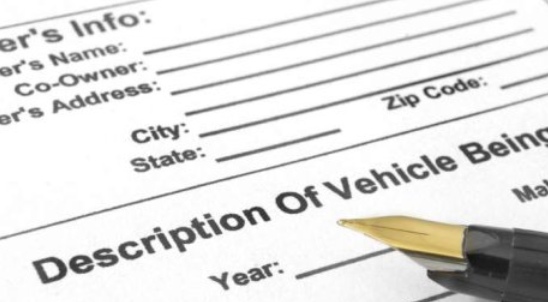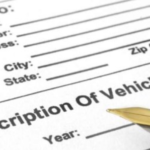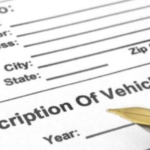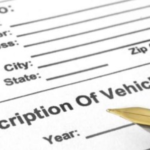Last Updated on March 22, 2018 by Jason Mason
In Arkansas, you must submit the required paperwork when registering a car. If you purchase a car from a dealer, they will usually handle all the paperwork needed. However, if you purchase your car from a private seller, you will be responsible for handling paperwork. You’ll need to provide a bill of sale, vehicle title and several other documents before registering your car at the Arkansas OMV. This article contains more information about paperwork needed when purchasing a car in Arkansas and other relevant information.
Paperwork for Arkansas Car Buyers
When you purchase a car in Arkansas, you must obtain the following documents from the seller:
- The certificate of title with your signature and that of your seller.
- An invoice or bill of sale that shows the vehicle purchase price.
- Vehicle details such as VIN.
- An odometer statement.
- VIN Inspection certificate if the vehicle bears an out-of-state title or has a salvage title.
Additional Documents
When you visit your local Arkansas Office of Motor Vehicle office, you will need to provide:
- Proof that the car has been assessed for taxes.
- Proof of tax paid (tax receipt or stamp on assessment papers).
- Proof of car insurance.
- A current registration certificate.
NB: If you intend to transfer the license plate, you will need to pay $1 transfer fee.
Arkansas Registration Fees and Taxes
To apply for a title and register your car in this state, you will be required to pay the following fees and taxes:
- 6.5% sales tax of the purchase price (7% if you live in Texarkana).
- The registration fee, which depends on the vehicle weight or size.
- Local tax, which varies by county and city.
- The $10 title fee.
Tips for Buying a Car in Arkansas
Finding and choosing the best car to satisfy your needs and pride can be a daunting task. These tips can help you lessen the burden:
- Do your homework well to find out what kind of car fits your budget and that merges well with your lifestyle. You can get reliable information on consumer reports, online forums, comparison guides and other magazines.
- Test-drive each car that you choose to determine its comfort and functionality. Make sure you check the head space and leg room before making your decision.
- Check on insurance rates for each vehicle before purchase. Insurance rates largely depend on the vehicle’s model, make, year and body style.
- Once you decide the best car for you, gets its vehicle history report. This report will help you determine the accident details.
Vehicle History Report
A vehicle history report is an important document that will help you determine the status of the vehicle you intend to purchase. This document provides information on vehicle’s accident details, odometer reading and flood issues. For instance, odometer reading will help you determine the mileage covered by that vehicle. A vehicle history report protects you from vehicle sellers who may intentionally mislead you.




